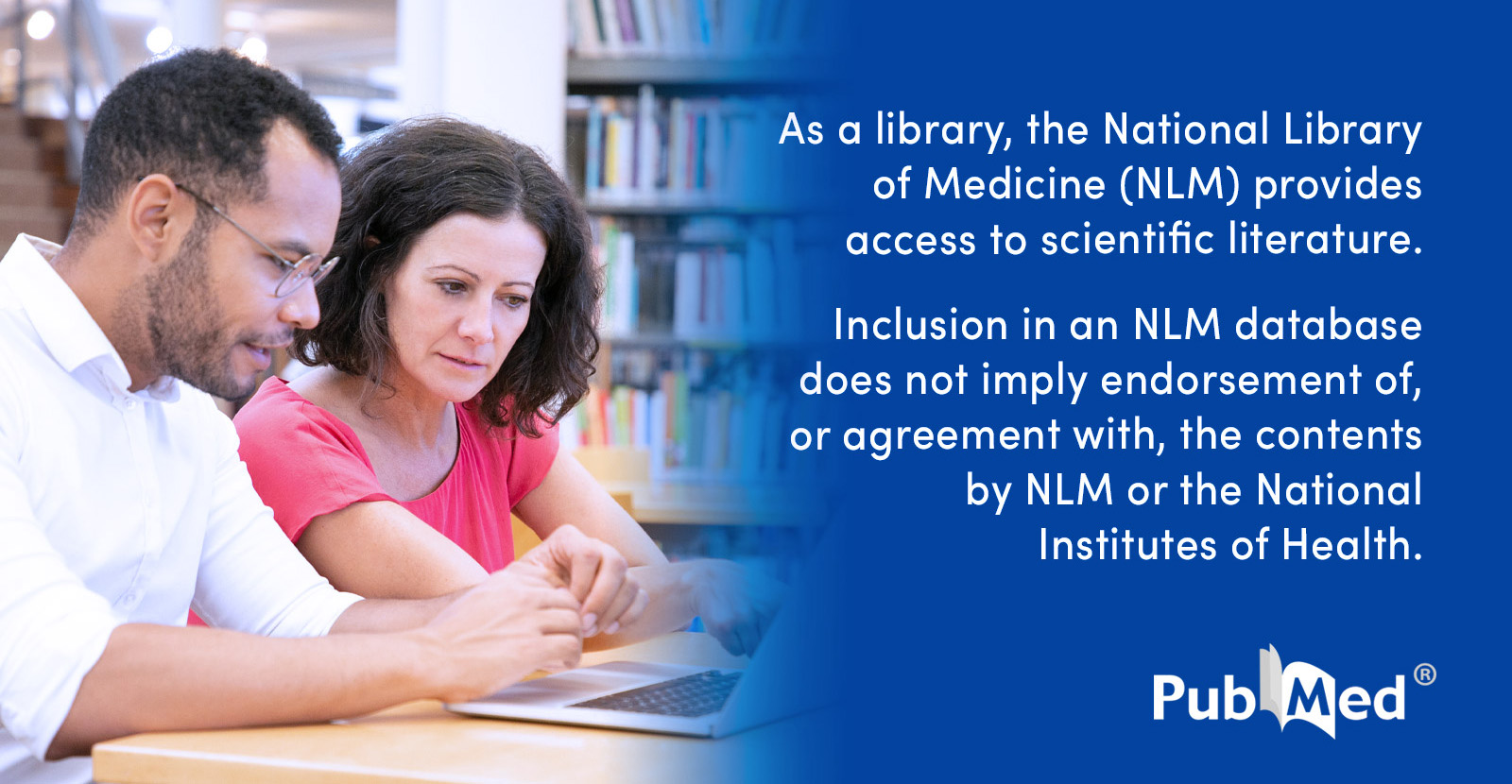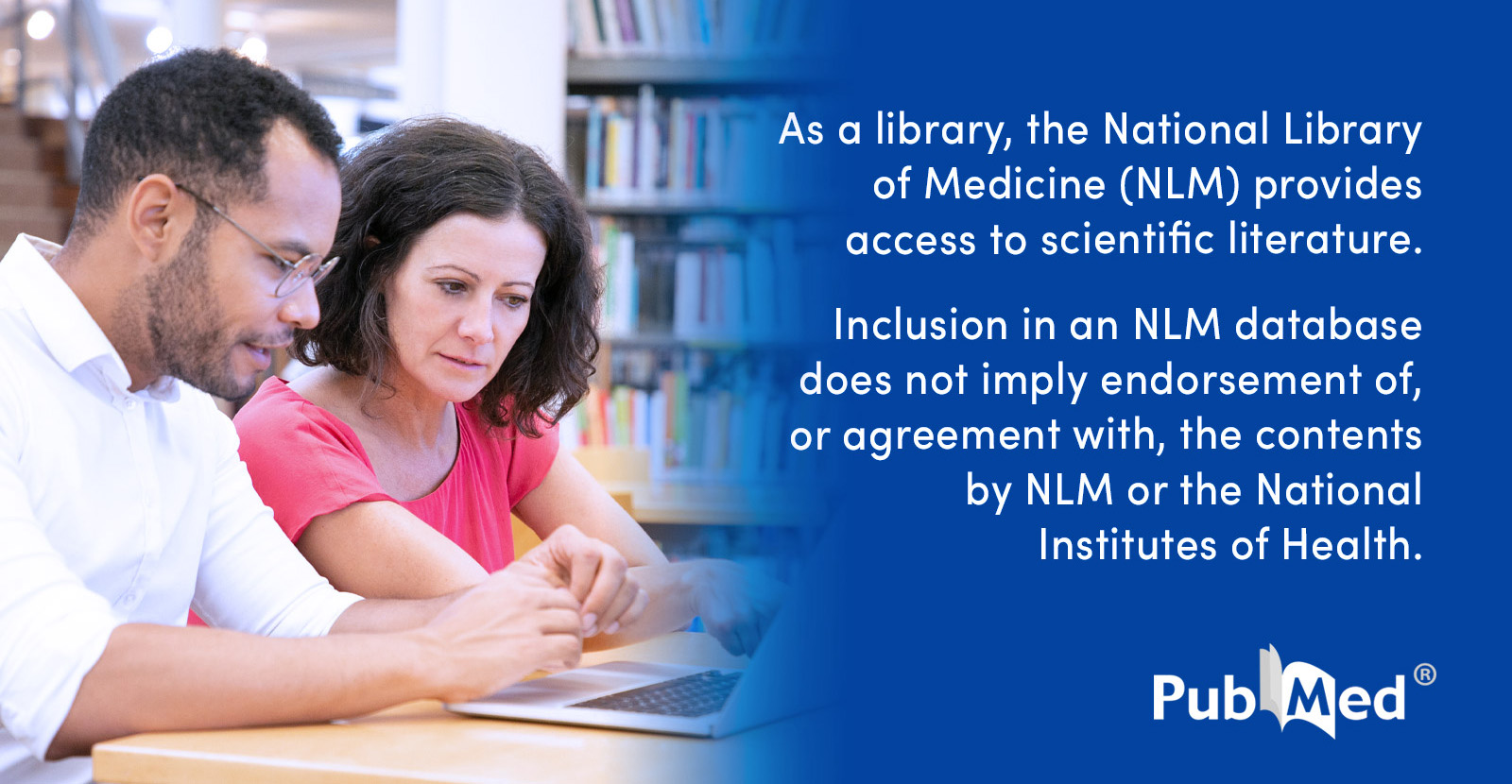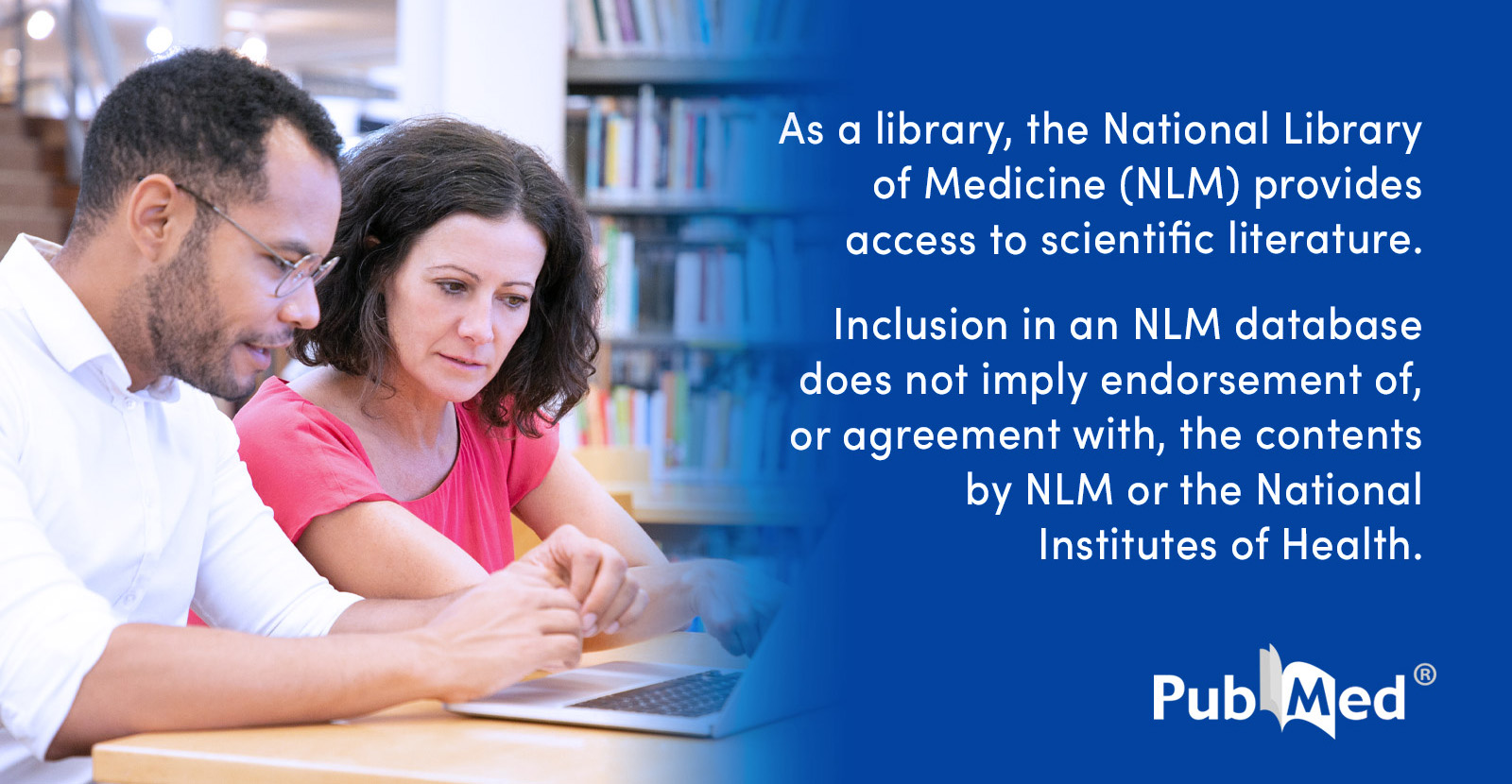
A recent evaluation of an education programme implemented within a hospital stroke unit revealed mixed outcomes. While the programme did not lead to enhanced patient understanding of stroke or available stroke services, it was associated with a notable decrease in patient anxiety six months following the onset of a stroke.
The programme, designed to educate patients about the symptoms, effects, and treatments associated with stroke, aimed to empower individuals with knowledge to support their recovery and navigation of stroke services. Participants received information sessions during their time in the hospital as part of their post-stroke care.
However, follow-up assessments conducted six months later showed that while patients did not exhibit significant improvements in factual knowledge about stroke and associated care services, a measurable decline in anxiety levels was observed. This reduction in anxiety may suggest that the programme provided emotional reassurance and psychological comfort, even if it did not substantially improve retention of stroke-related information.
Researchers suggest that while educational interventions remain a key element of post-stroke care, future programmes might need to be adapted to enhance knowledge retention—potentially through follow-up support, simplification of materials, or more interactive delivery methods. At the same time, the psychological benefits observed underscore the broader value of patient education in supporting emotional well-being after stroke.
Further research is recommended to optimize educational strategies in stroke units for both cognitive and emotional outcomes among patients.
Source: https:// – Courtesy of the original publisher.








